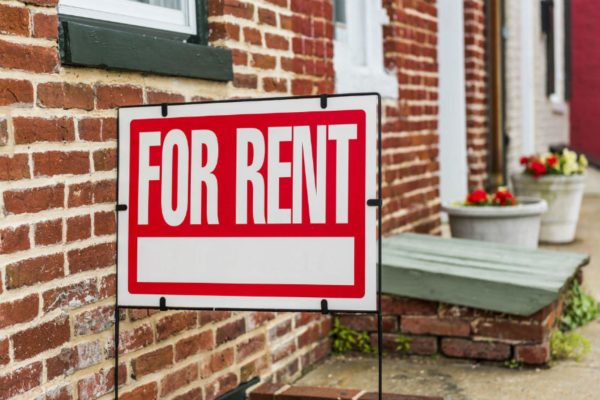It is a renter’s nightmare: You wake up to find raw sewage flooding your apartment. In a well-functioning city government, a call to 311 quickly brings a city inspector to assess the situation, followed by swift enforcement if the landlord refuses to fix the issue.
But this is not what renters can expect in Houston. At Tierwester Village in south Houston, for example, tenants waited for five weeks after calling 311 for the City of Houston to come out and inspect the sewage seeping inside their units. Because of the city’s delay, tenants were stuck for more than a month living with raw sewage inside their homes and at their doorsteps.
A months-long study of Houston’s apartment safety programs identified multiple, systemic failures that allow these and other dangerous conditions to persist, often for years. Among the findings:
● At Bellfort Townhomes, city officials knew the property lacked a certificate of occupancy for nearly nine years and was hazardous for more than four years, but they failed to take any enforcement actions. This property is not alone: 28 percent of Houston’s multifamily complexes, or more than 1,000 properties, have no active certificate of occupancy.
● At Wesley Square Apartments, tenants made 58 calls to 311 to report a range of health and safety issues, none of which resulted in a city inspection.
● At Tierwester Village, a tenant with a newborn called 311 to report rats, electrical and plumbing issues, sewage backups and a gas leak in her unit. The only response was to send the landlord a letter giving the landlord 11 days to act. The city closed the case two months later without checking on whether the landlord addressed the issues.
Houstonians — half of whom are renters — should not tolerate this dysfunctional operation of city government and should demand an overhaul of the city’s apartment safety programs.
Decades of research have linked substandard housing conditions to poor physical and mental health. Houston children have died due to poor apartment conditions. Deteriorating apartments also suppress property values and are tied to high crime, harming neighbors and straining city budgets.
Houston can learn from reforms that other Texas cities have adopted to protect renters. For example, Dallas inspects the highest-risk properties every year. If landlords refuse to fix violations, a special unit of attorneys brings swift enforcement actions, including lawsuits. Landlords can be subject to fines of $1,000 per violation per day and even jail time.
The costs of strengthening Houston’s apartment safety programs need not be borne by taxpayers. Dallas and Fort Worth require landlords to pay annual registration and re-inspection fees that help fund these programs. In Austin’s repeat offender program, landlords who are habitual code violators must pay a $300 registration fee.
In addition to an overhaul of apartment safety programs, Houston badly needs a nonprofit tenant advocacy center to help tenants understand their rights, navigate Texas’ complex repair laws and advocate for improvements with their landlords and at City Hall. Tenant advocacy organizations in Dallas and Austin could serve as models. Seed money from local foundations and other funders could quickly launch such a center.
Houston’s epidemic of dangerous apartments existed even before Hurricane Harvey struck. Although bad landlords are part of the problem, the city also bears responsibility. Decades of lax building safety standards and feeble code enforcement have allowed apartment conditions to deteriorate to the point that Houston tenants are living in squalor.
Harvey magnified the scale and severity of Houston’s pre-existing unsafe building conditions, with close to 43,000 apartment units damaged by the storm. Now more than ever, renters are relying on the city to overhaul apartment safety programs and take seriously its responsibilities to protect them.
Fortunately, Houston can take action to help tenants stuck in dangerous apartments. With the right leadership and commitment, Houston can avert future tragedies and improve housing conditions for thousands of its renters.
Heather K. Way is a clinical professor at The University of Texas School of Law. She is the co-author of the newly released report “Out of Order: Houston’s Dangerous Apartment Epidemic.”
A version of this op-ed appeared in the Houston Chronicle.
To view more op-eds from Texas Perspectives, click here.
Like us on Facebook.




